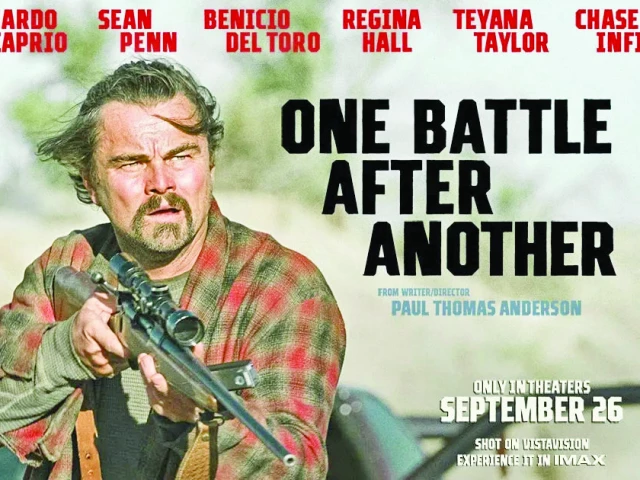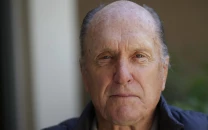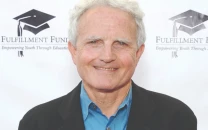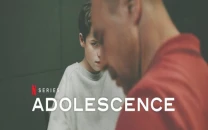A messy, magnificent mirror of America
Paul Thomas Anderson's 'One Battle After Another' hailed as satire for a fractured nation

Paul Thomas Anderson's sprawling new epic, 'One Battle After Another', arrives in theatres this weekend, already crowned by critics as an American masterpiece and praised by its star, Leonardo DiCaprio, as a "vital satire for our polarised times".
The film, a nearly three-hour, decades-spanning odyssey from the director of 'There Will Be Blood' and 'Licorice Pizza', follows the journey of Bob Ferguson (DiCaprio), a washed-up revolutionary.
The story begins with Bob and his formidable wife, Perfidia Beverly Hills (a scorching Teyana Taylor), as members of the radical group French 75. In a frenetic opening, they storm an immigration detention centre, an act Perfidia declares the start of a revolution.
"I think the movie's a lot to do with humanity. It's a lot to do with polarisation in the world that we live in, extremism on both ends," DiCaprio said. "It's not a film where people are imposing any political beliefs on anyone else. It's satire on both ends."
The narrative takes a dramatic turn when Perfidia disappears after giving birth. Sixteen years later, Bob is living off the grid, a paranoid, pot-smoking father struggling to raise their teenage daughter, Willa (newcomer Chase Infiniti).
His fragile world shatters when an old enemy, the maniacal Col Lockjaw (Sean Penn), resurfaces for revenge, forcing Bob back into a battle he thought he had left behind. According to DiCaprio, Anderson's direction was marked by "incredible flexibility," though the director retained a sharp editorial eye.
Critics have responded with overwhelming acclaim, granting the Warner Bros film a 97% rating on Rotten Tomatoes. Jake Coyle described the film as a "gloriously messy, madcap roller coaster ride" that acutely burrows into the American psyche.
Coyle notes that Taylor makes such a powerful mark in the film's first act that "it takes half an hour for 'One Battle After Another' to pick up the pieces after it moves on."
The film then transitions into what could also be described as a sweet story about a father grappling with his daughter's independence, before exploding into a tense thriller as Lockjaw closes in.
The movie is populated with memorable characters, including a delightful Benicio Del Toro as a combination sensei and Harriet Tubman-like figure who embodies the film's spirit of principled freedom.
DiCaprio's performance as the shambolic, Lebowski-esque Bob is seen as a continuation of his recent gravitation toward less polished, error-prone characters, yielding some of the most interesting work of his career.
Inspired by Thomas Pynchon's "Vineland," the film shares the culture clash of Anderson's earlier Pynchon adaptation, 'Inherent Vice'. But with a swelling score by Johnny Greenwood and its stark depictions of racism, xenophobia, and state-sponsored violence, 'One Battle After Another' feels "more urgently contemporary and more morally motivated."
As a major studio release that directly engages with the nation's cultural battles, the film is an exception in modern Hollywood. It is sure to spark debate, but as Coyle concludes, its chaotic and muddled aspects feel true to its subject, as does its "abiding fighting spirit."




















COMMENTS
Comments are moderated and generally will be posted if they are on-topic and not abusive.
For more information, please see our Comments FAQ